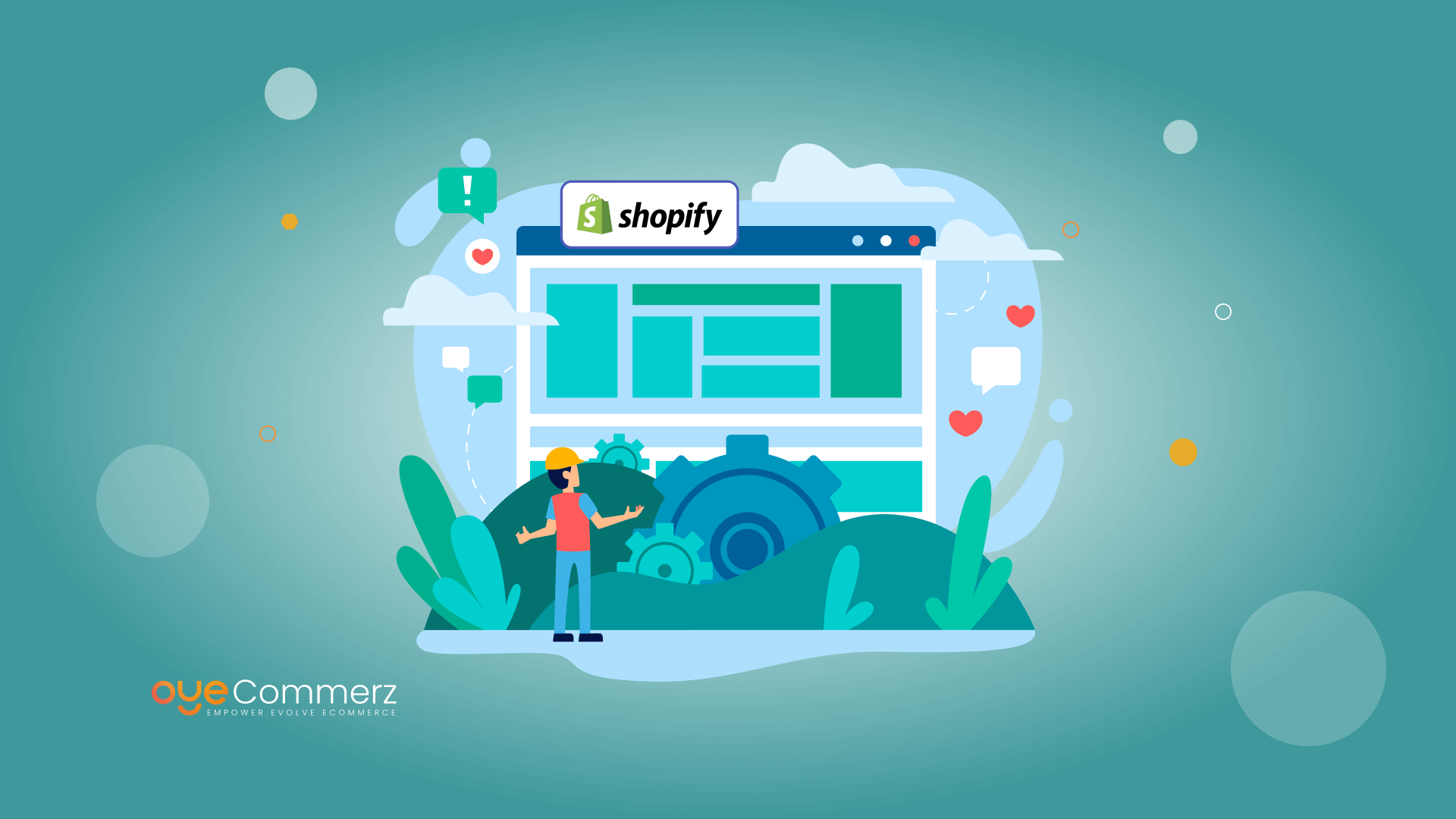Introduction
In today’s cutthroat e-commerce landscape, differentiating is paramount, and one of the best ways to differentiate a Shopify store is through tailored app development. A well-built Shopify app can enhance store capabilities, simplify processes, and boost customer engagement. This article delves into key elements of Shopify app development, from API integration to scaling strategies and digital marketing approaches, providing a roadmap for businesses looking for unmatched store performance.
The Importance of Shopify API Integration
Shopify’s API offers robust tools to personalize and extend store capabilities. With GraphQL and REST APIs, developers can access data to create apps that handle inventory management, order handling, and customer information management seamlessly. Using Shopify’s API can enable improved workflow automation and allows stores to serve customers more efficiently.
Utilizing the Polaris Design System
Polaris is Shopify's set of design guidelines for designing user-friendly and easy-to-use Shopify apps. By adhering to Polaris guidelines, developers ensure that apps seamlessly integrate within the Shopify Admin experience. This provides a cohesive look and feel that resonates with Shopify merchants, encouraging usability and comfort for merchants utilizing your custom app.
Navigating the Shopify App Ecosystem
The Shopify app ecosystem offers endless possibilities for improving online stores. From handling order fulfillment to boosting customer interaction, apps in this environment are designed to meet various business needs. Familiarizing with this system assists developers in finding unique app ideas and enables seamless integration of external tools that enhance the store.
Developing Embedded Shopify Apps
Embedded apps work seamlessly within the Shopify Admin, allowing a seamless experience for merchants. They allow merchants do not need to navigate away from their Shopify dashboard, simplifying their process. Employing Shopify App Bridge and embedded app features is a best practice for offering a cohesive, well-integrated user environment.
Leveraging Node.js and React for Shopify Development
Node.js and React have become top options for Shopify app development. This server-side framework enables efficient back-end services, while React enables interactive and adaptive front-end design. Combined, they offer an excellent platform for building fast, scalable Shopify apps that improve store performance and customer engagement.
Utilizing Webhooks in Shopify Development
Webhooks enable instant data updates between Shopify and an external app. They initiate events such as new orders or inventory updates and provide immediate alerts to your app. By utilizing webhooks, apps can provide up-to-date information to store owners, simplifying processes and increasing efficiency.
Engaging Customers Through Digital Marketing for Shopify Apps
To make a Shopify app successful, engaging customers is key. Utilizing digital marketing strategies like SEO, email marketing, and social media campaigns can increase app usage. Additionally, creating applications with customer interaction as a focus (e.g., loyalty programs or personalized recommendations) increases user retention and satisfaction.
Making Your Shopify App Scalable
As e-commerce businesses grow, so do their technological needs. Ensuring that your app can manage higher usage, larger data sets, and more advanced functionalities is critical. By improving server capacity and implementing scalable technologies, you can develop apps that expand in tandem with a store’s growth.
Important Features and Maintenance Tips for Shopify Apps
For an app to be effective, it should offer essential features like user login, analytics dashboard, and support channels. Ongoing app upkeep, with updates to fix bugs and ensuring compatibility with new Shopify functionalities, is vital to maintain continuous operation and avoid interruptions to merchant workflows.
Summary
Custom Shopify app development holds vast potential for e-commerce stores, providing the ability to improve Building embedded Shopify apps store functionality, simplify operations, and foster customer loyalty. From integrating E-commerce app development APIs to focusing on scalability and customer interaction, building a Shopify app involves careful planning and well-planned actions. If you’re prepared to elevate your e-commerce experience, a custom Shopify app could be the perfect solution. What capabilities do you see for your ideal app? Share your thoughts and take the first step toward an optimized e-commerce experience!
